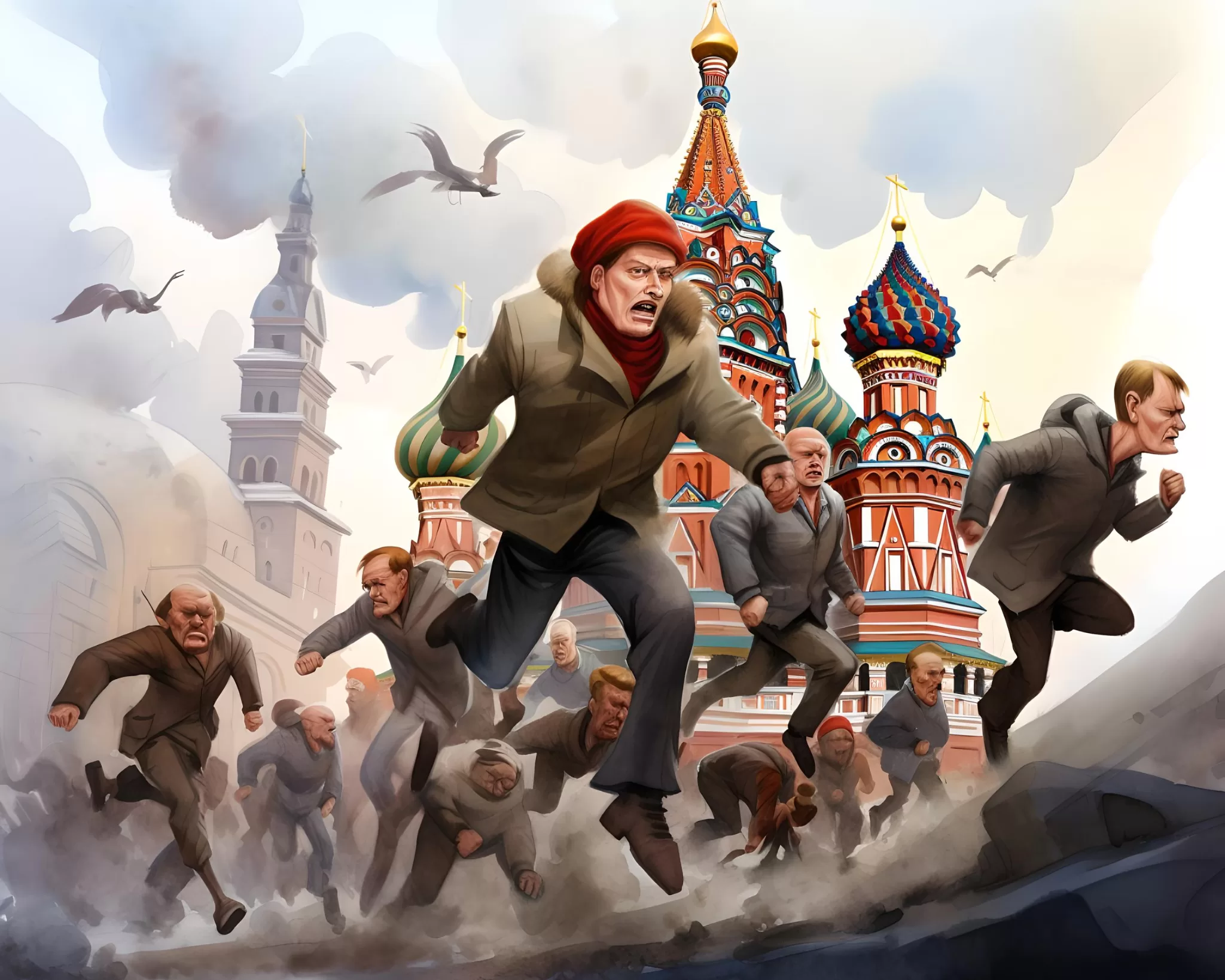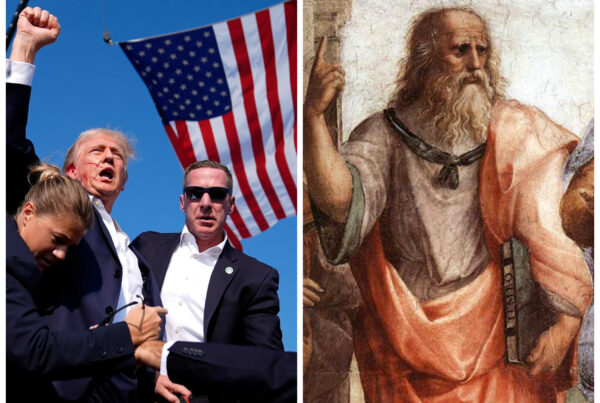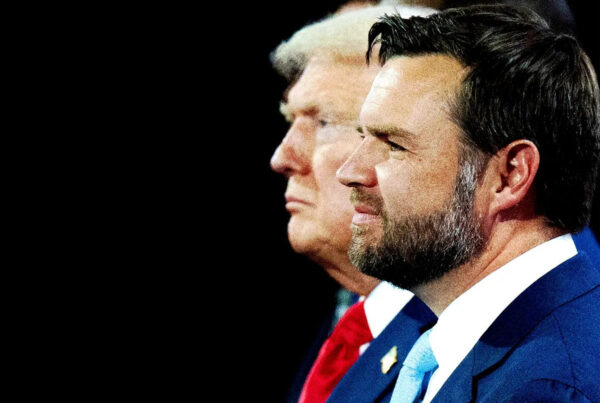Certainly most thinking individuals would agree that in the 1990s, the Russian state was taken over by adversaries who imposed external control over it – over our entire society. Its overarching name is liberalism. Not some ‘bad liberalism’, ‘distorted liberalism’, or ‘pseudo-liberalism’, but simply liberalism. No other kind of liberalism exists. Russian liberals became nodes in this occupation network.
From the moment Putin came to power in 2000, he began gradually extracting the country from this situation. Very slowly. Deliberately. Almost imperceptibly. And we are still on this path.
With every step – every shift – in Putin’s policy (all of which is aimed at strengthening Russia’s sovereignty, meaning breaking free from external control and, consequently, deliberalising our society and our worldview), a segment of liberals gets detached. Firstly, the now-forgotten Berezovsky and Gusinsky. Then Khodorkovsky. Then, after 2014, the first mass party. And then, after 24 February 2022, an even larger party.
But that is not all. Just recently, following the tragic events in Palestine, a group of right-wing Zionists, loyal to Putin until the very end, broke away.
And more will continue to break away. The networks of liberals are so formidable and powerful that it is challenging to deal with them, especially since Putin has chosen a strategy of gradually pushing them out. It is even unclear who will perish first – they or the Russian population. Yes, they are ageing and either passing away or leaving the country. But they are also taking entire Russian generations with them – corrupted, confused, bribed, infected, driven mad, and led astray.
So, perhaps Putin is winning overall by avoiding abruptness – the rot leaves Russia naturally and in batches. And there are no repressions, no accountability for their actions. But we are certainly losing the historical time allotted for our nation’s revival, its return to its roots. Prolonging deliberalisation may be tactically justified (perhaps), but strategically, it is becoming dangerous.
After all, we hope that society will cleanse itself from external ideological control. But why would it? Yes, heroes will return from the front (although not all…), and they will have an existential awakening and Russian integrity. But what will they do behind the lines if the tone there is still set by some lingering scoundrels from the previous cycle? Rebelling is not an option and is wrong, but submitting means not respecting oneself. And most importantly: who will show our heroes the way? Who will guide them? Where? How will the trench warriors orient themselves in a peaceful reality? They were not educated, not prepared… I speak a lot with our military – volunteers, contract soldiers, various enforcers… And again, no manuals in the trenches, on the fronts. There are no clear explanations about who we are fighting with, why we are fighting, what we are fighting for, what victory means… People have already died, and it is still unclear what for.
Well, it is not for Abramovich, not for the grain deal, not for the well-being of the elites, is it? Clearly, it is for something else… But what exactly? The government does not say; it is afraid.
Afraid that purification, deliberalisation will become a radical imperative. It wants to leave a loophole for a step back. Putin acts so slowly that it creates the illusion that perhaps everything will revert to how it was. But it will not.
So, we need to move forward faster. In Putin’s direction. But still faster. We need to urgently change the state of affairs in culture, education, information, and political life. What is there now does not at all match the conditions at the end of the second year of the war.
Here is what is important. This status quo, of course, does not suit the aspirations and moods of Traditionalists and patriots. But it also does not suit the people oriented towards comfort and a peaceful life. Nor those who are for ‘progress’ (whatever they understand by it). And those who stand for social justice, which is missing (or almost missing) in Russia today; it does not suit them either. The status quo is inadequate. Everyone supports Putin only in the hope of change. What stability is there when there is a war, and it needs to be won first and foremost? Only then will we have stability and not the other way around.









